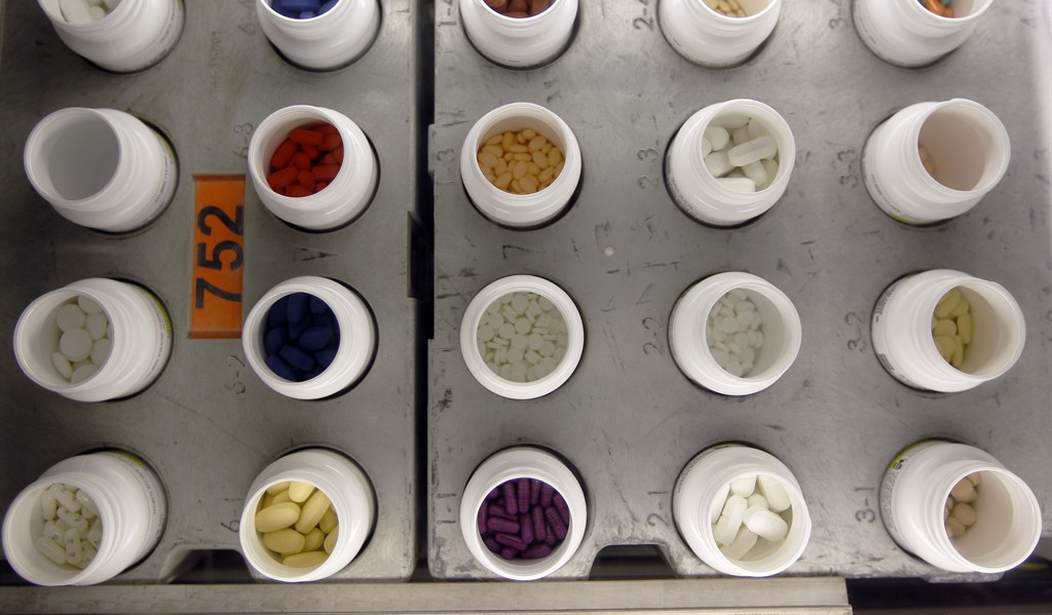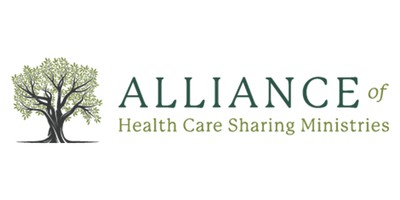Americans are suffering pharmaceutical sticker shock. But the remedy Democrats are backing -- price controls on prescription drugs -- would inflict more harm by halting new discoveries and dooming patients waiting for cures.
Since 1950, our increasing longevity -- an amazing 10 extra years of life for the average American -- has been mainly the result of pharmaceutical breakthroughs. If someone in your family has an incurable illness -- cystic fibrosis, multiple sclerosis, Alzheimer's -- the idea of slowing the pace of new cures is unthinkable.
On Friday, President Donald Trump's Council of Economic Advisors proposed a safer way to make drugs affordable here: negotiate trade deals that compel foreign countries to pay fairer drug prices.
Americans consume about 46 percent of the world's brand-name drugs but supply 70 percent of patented drugmakers' profits. France, Norway, the United Kingdom, Japan, Canada, Italy and other government-run health systems buy identical drugs at bargain prices -- usually half what Americans pay. These state-run health systems often threaten to exclude a drug from their country entirely, even if it could save lives, to extract a deep discount. Norway barred Roche's breast cancer drug Perjeta until the company slashed the price far below what Medicare pays.
These foreign governments know that when push comes to shove, a manufacturer will sell for a price that barely covers the cost of production, rather than not sell at all. That leaves American consumers stuck paying exorbitant prices to cover the sunk costs of researching and developing a new drug.
R & D costs are staggering: nearly $3 billion and 10 years of clinical trials, and then government approvals for each drug, with failures along the way. Drug companies like Pfizer in the U.S., Novartis in Switzerland and AstraZeneca in France have hefty profit margins -- 25 percent on average -- the same as Silicon Valley companies and other high-risk industries.
Recommended
But not just shareholders benefit. Patients have a better chance of surviving their illnesses and living longer in countries that rapidly adopt new drugs and treatments. Almost all gains in longevity since WWII are due to these innovations, reports Stanford economist Victor Fuchs. Some newer drugs also curb overall health costs, according to Columbia University economist Frank Lichtenberg. Anesthesia reversing drugs, for example, shorten hospital stays or keep people out of the hospital altogether.
Yet it is drug prices Americans experience directly. Patients are eight times likelier to fill a prescription than be hospitalized. And their high-deductible plans are clobbering them with out-of-pocket costs at the pharmacy.
No wonder drug prices are a politician's easy target. The left demands that Medicare and other U.S. government programs "negotiate" with drug companies. Who can haggle with the federal government? "Negotiate" is a euphemism for price controls that will shortchange drugmakers, dulling their incentive to innovate.
The U.S. is the biggest free market for pharmaceuticals -- the only place left where pharma companies can recoup their innovation costs.
Price control advocates would rather settle for the current state of medical knowledge than pay for drug discovery. "We cannot all have it all," says economist Austin Frakt, pointing to new, expensive drugs for hepatitis C. "The rate of innovation will eventually exceed our ability to pay for it."
Tell that to parents of infants with spinal muscular atrophy, afflicting 10,000 Americans. Or 25 million Americans suffering from other rare, incurable illnesses. For them, President Trump has a far better approach.
In his State of the Union Address, Trump decried the "very, very unfair" gap between American and foreign drug prices. He has also promised to overturn "decades of unfair trade deals." Memo to the president's trade negotiators: Start requiring foreign countries to pay fair drug prices. George W. Bush's administration made headway in a bilateral trade agreement with Australia. Ending the foreign freeloading will keep the engine of medical innovation running and save lives.
That's the choice: Accept slower cures or spread the cost fairly.

























Join the conversation as a VIP Member